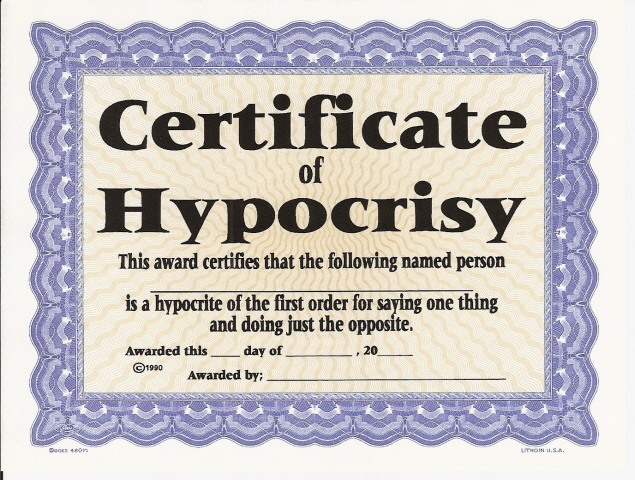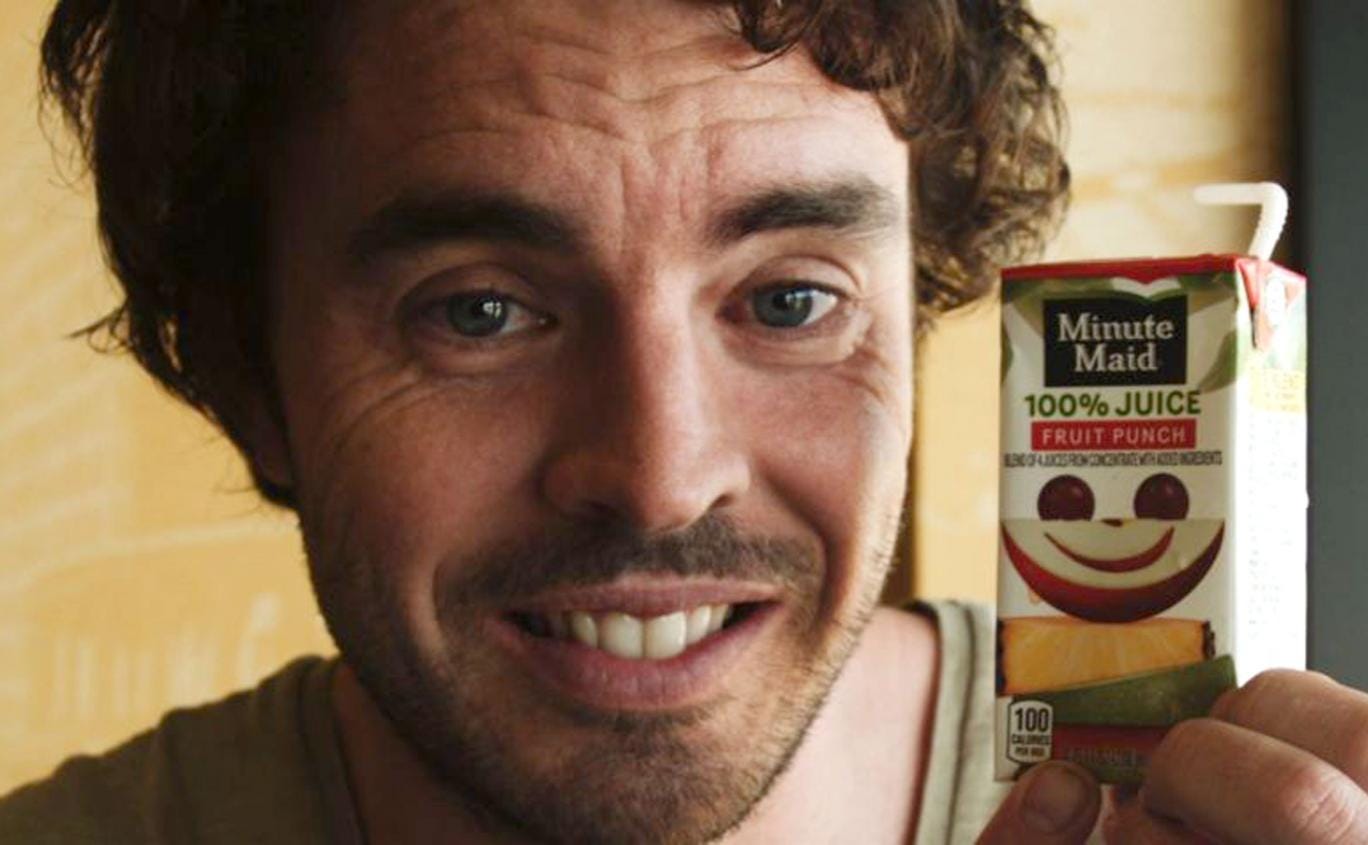This isn't a new story, but I just came across it now: Ten Stylish, Orthodox Women Talk Balancing Modesty & Fashion.
 |
| Sally Mizrahi |
 |
| Sally Mizrahi |
But as my inner anthropologist quickly realized, there was the undeniable fact of their cloistering from men. . .
“It’s easier and more fun,” the women insisted when I asked about the sex segregation that defined their lives.
“We prefer it,” the men told me at a dinner party where husbands and wives sat at entirely different tables in entirely different rooms. . .
The worldwide ethnographic data is clear: The more stratified and hierarchical the society, and the more sex segregated, the lower the status of women.
 |
| The Art of Will Deutsch |

During Michael Phelps’s 2008 Olympic gold-medal streak in swimming, Ray Cronise, a former materials scientist at NASA, heard the widely circulated claim that Phelps was eating 12,000 calories a day. Phelps’s intake was many thousands of calories more than what most elite athletes need. Running a marathon burns only about 2,500 calories. Phelps would have to have been aggressively swimming during every waking hour to keep from gaining weight. But then Cronise figured it out: Phelps must have been burning extra calories simply by being immersed in cool water.
 |
| Sleep. It's a beautiful thing. |
I feel sorry for the others. You know those mothers: the highly informed, professionally accomplished — usually white — women who, judging by the mommy blog fodder, daytime TV, and new parenting guides lining store shelves, are apparently panicking all day, every day, over modern child rearing and everything that comes with it. They feel compelled to praise their kids, but fret the dosage. They worry about pesticides; this year’s best birthday-party theme; enrichment summer camps; preparing Johnnie for college admissions in 2025 (it’s never too early); and, of course, the biggie — keeping their kids happy.
Most adults know that happiness, unlike, say, integrity or self-reliance, is elusive and often fleeting. Still, so-called experts have convinced these mothers that their job is to plant joy into their children’s small bodies. Not surprisingly, this overabundance of advice has turned mothering into a hot mess of guilt, confusion and hard labor.
Thankfully, I am a black mom. Like many of my fellow sisters, I don’t have time for all that foolishness. Our charge is to raise — notice I did not say “parent” — our children in a way that prepares them for a world that, at best, may well overlook their awesomeness and, at worst, may seek to destroy it.
In addition to whatever overt pressure students feel to succeed, that culture is intensified by something more insidious: a kind of doublespeak from parents and administrators. They often use all the right language about wanting students to be happy, healthy and resilient — a veritable “script,” said Madeline Levine, a Bay Area psychologist who treats depressed, anxious and suicidal tech-industry executives, workers and their children.
“They say, ‘All I care about is that you’re happy,’ and then the kid walks in the door and the first question is, ‘How did you do on the math test?’ ” Ms. Levine said. “The giveaways are so unbelievably clear.”
Denise Pope, an education expert at Stanford, calls this gulf between what people say and what they mean “the hidden message of parenting.”

Mass media has a fascination with hookup culture among people around my age (21) meriting in-depth investigations and contentious opining about what it all means. But they often miss a simple fact: There’s nothing particularly new about trying to avoid getting hurt.
It’s just that my generation has turned this avoidance into a science, perfecting the separation of the physical from the emotional. We truncate whenever possible: texting over calling, meeting over apps rather than in person. We leave in the early morning without saying goodbye. Being casual is cooler than intimacy and vulnerability. Or so we think.
Having the last word was once a sign of one’s wit and smarts. It meant that your comment had gravitas and staying power. But today, having the last word is the ultimate in weakness: It means being the person who doesn’t merit an answer. Better to leave them hanging than risk the same happening to you. Keep it shallow so your heart isn’t on the line.
Being aware of all this does not grant immunity from its effects. . .


 |
| I wasn't so artful with the glaze distribution. |
 |
| Choose your weapon. |










During the 1990s, I came to know a cousin and contemporary of mine, Robert John Aumann, a man of remarkable appearance with his robust, athletic build and long white beard that made him, even at 60, look like an ancient sage. He is a man of great intellectual power but also of great human warmth and tenderness, and deep religious commitment — “commitment,” indeed, is one of his favorite words. Although, in his work, he stands for rationality in economics and human affairs, there is no conflict for him between reason and faith.
He insisted I have a mezuza on my door, and brought me one from Israel. “I know you don’t believe,” he said, “but you should have one anyhow.” I didn’t argue.
In a remarkable 2004 interview, Robert John spoke of his lifelong work in mathematics and game theory, but also of his family — how he would go skiing and mountaineering with some of his nearly 30 children and grandchildren (a kosher cook, carrying saucepans, would accompany them), and the importance of the Sabbath to him.
“The observance of the Sabbath is extremely beautiful,” he said, “and is impossible without being religious. It is not even a question of improving society — it is about improving one’s own quality of life.”
In December of 2005, Robert John received a Nobel Prize for his 50 years of fundamental work in economics. He was not entirely an easy guest for the Nobel Committee, for he went to Stockholm with his family, including many of those children and grandchildren, and all had to have special kosher plates, utensils and food, and special formal clothes, with no biblically forbidden admixture of wool and linen.
